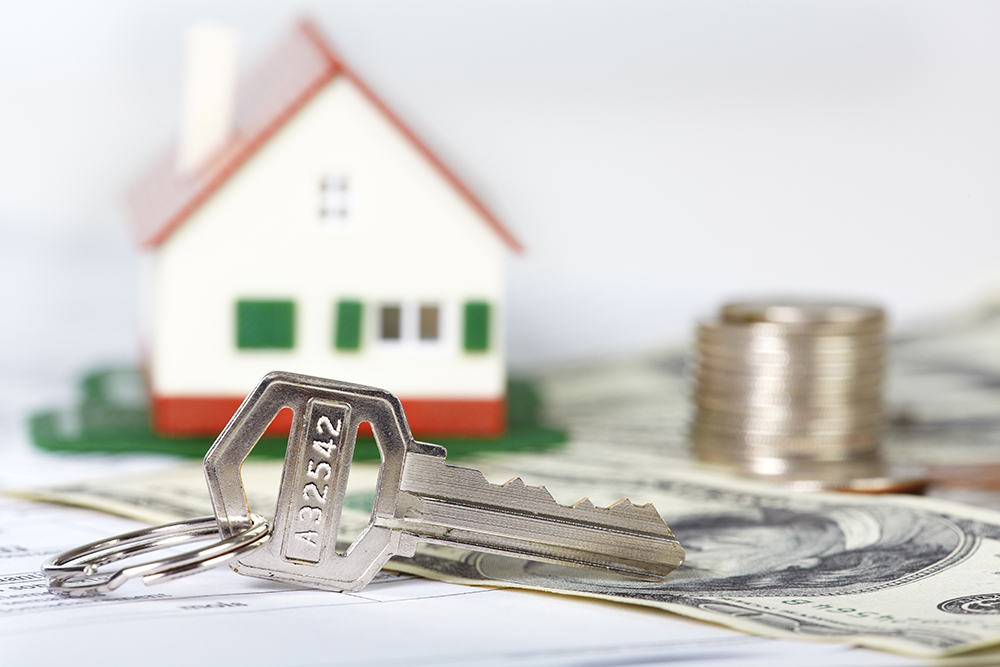Buying a house is an emotional decision for most people, but how can you be sure you made a solid investment in real estate, especially in this fast-moving market, with scammers crawling out of every corner? Usually, doing your homework helps a lot, so does hiring a good Realtor, but nothing keeps you completely out of trouble and away from sticky fingers. We’ve rounded up the most common tricks real estate rascals use to lure homebuyers into disastrous deals and we’re going to make the decision process a bit safer for you, if not easier.
Fake listings
You might think that listing a house on Craigslist, Trulia or Zillow requires some sort of special permissions or skills only ethical Realtors have. Well, think again! Nothing stops shady real estate agents to list fake properties on various online portals just to make their phones ring. Commonly known as the “bait-and-switch” stratagem, this real estate scam predictably works like this: an agent posts a gorgeous house or apartment online, for sale or rent. The prospective client has a crush on the property and calls to schedule a viewing. They meet in front of the property some time later but, the minute they both arrive, the agent finds out that the property has just been sold. Luckily, there are a few other properties nearby that might just fit the bill. Would the client be so willing to take a leap of faith and check out a listing that he has absolutely no idea about? Most people say yes…
How not to bite the bait
Google the agent and the brokerage before scheduling a viewing. Does he have an up-to-date site, with frequent postings and various listings? How much time have those listing been sitting on the market? Anything longer than 8 weeks is a bad sign. Also, take a look at the properties’ address and cross-check it with other real estate agencies or Street View. If you see the same street address or a slightly modified one for multiple listings, get out now! Another trick up these scammers’ sleeve is to list properties at bargain prices. Everybody wants a good deal, don’t we? If that listing price seems too good to be true, it means it is. Before jumping the gun, take a look at other properties listed for sale in that neighborhood and compare them to the one you fell in love with. Are there too many discrepancies? It’s time to move on.
Listings with no photos
Another big red flag is the absence of a photo gallery. Nowadays, most real estate agents take the extra mile and create virtual tours to go with the listings and don’t rely solely on images. Are there any photos included? If the answer is yes, take a closer look at those photos. Do they portray different rooms, from different angles, outside and in? Then we might have a winner. But if the photos are from one single room, just different angles, run for cover.
Too much description or none at all
Real estate agents like to use big words when describing their listings and don’t shy away from embellishing the truth. Most of the time, this narratives bring useful information to the table, creating a story for the property and helping clients envision themselves living there. With that in mind, you should see a red flag before your eyes when those descriptions go on and on for pages – empty words saying nothing of value. The same goes for extra short descriptions that only contain an email address and the name of the agent. Is there nothing good to be said about that property, no hint about life in the neighborhood or the amenities nearby?
Away on business – will delegate
This is a classic one and begins online, like most real estate scams. You spot a great looking property on a popular website and the listing seams legit except one, small detail: it lacks a phone number. That means you will have to send the owner an email requesting more information and scheduling a viewing. Two or three days later, you get an answer informing you that the owner is away on business or taking a trip around the globe, but will delegate a trusted family member to show you around the property. After a while, a new message arrives requesting you a bit of personal information so that the “trusted family member” can verify your identity and not risk wasting valuable time with just anybody – a social security number, bank account information or sensitive personal information will suffice. By now you have figured out that this is a real estate scam aiming to extract as many financial data about you as possible and emptying your bank account while they’re at it. The solution? Never give out personal information on the phone or over the internet, no matter how much you like a listing.
Request for a fake finder’s fee
Let’s assume you are a home seller, this time, and you receive a phone call right after an open house event. Someone pretending to be a real estate agent has just found a very enthusiastic buyer for your listing but asks you to wire him a finders’ fee before setting up a meeting. Smell a rat? You are right! As a general rule, never wire money or make deposits for deals you’ve never requested, not to mention this sounds very much like blackmail. Let your real estate agent deal with clients or, if you’re doing the selling yourself, ask for face to face meetings and a chance to verify the real estate agent’s credentials. Better yet, hang up that phone right now!
Other signs of real estate scams
Strange and suspicious story: the listing agent praises the property, but shares too much information about the reasons behind the sale or makes a tearful plea to anyone willing to invest in saving the soul of such a wonderful retreat. Not to mention that the owner is out of the country for an unknown period of time and the house is all by herself…
Descriptions with contradictions: address not matching phone number prefix, story not matching photos, fake real estate agent’s name or fake brokerage. Anything that raises a red flag or fails the double-checking test.
To sum it up
Finding a property online is not easy, but you should never give up on your dream home. Walk away from anything suspicious, trust your gut if dealing with shady agents, and be very careful when providing sensitive personal or financial information. Guard your budget, don’t sign anything that might damage it and keep your eyes wide open for real estate scams.




